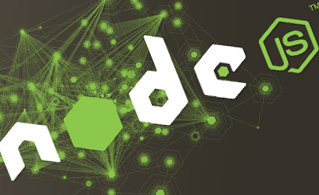Hepsia Advanced Features
The Advanced tab provides you with swift access to an array of advanced features, among them the Memcached distributed memory object caching system and the Varnish Cache web application accelerator, which will help you optimize your web sites and apps without having to move away from the hosting Control Panel. Based on the web hosting package, these features are either added by default or are available in the form of easily gettable upgrades. InnoDB and NodeJS support is available as well.

Varnish
Varnish Cache is a web accelerator also referred to as an HTTP accelerator. You can install it in front of any server that speaks HTTP and configure it to cache the contents. Varnish Cache is very, very fast and will improve your website's loading speed. One of the major features of Varnish Cache is the flexibility of its principal configuration mechanism, VCL, which allows you to define how incoming requests should be handled.

Memcached
Memcached is a general-purpose memory caching system for boosting the loading speed of dynamic database-driven websites. It is used to reduce the number of times an external data source (such as a DB or API) is read by caching data and objects in RAM. The Memcached distributed memory caching system uses a client'server architecture. The Memcached memory object caching system is employed by some of the most frequently visited sites on the World Wide Web and is supported by famous Content Management Systems like Joomla and WordPress.

Node.js
Node.js is a software platform for building scalable Internet apps. Written in JavaScript, Node.js uses an event-driven, asynchronous input/output model that makes it lightweight and effective, perfect for high-performance content-rich Internet apps. Node.js uses Google's V8 JavaScript engine, libUV, and several built-in libraries.
InnoDB
InnoDB is the default database engine for the MySQL open-source DBMS. A storage engine is the main software component that a DBMS uses to create, read, modify and delete data from a database. Its latest version features considerable improvements in efficiency, reliability and usability. InnoDB provides the standard ACID-compliant transaction features, as well as foreign key support. InnoDB is included as standard in most binary distributions from MySQL AB.
